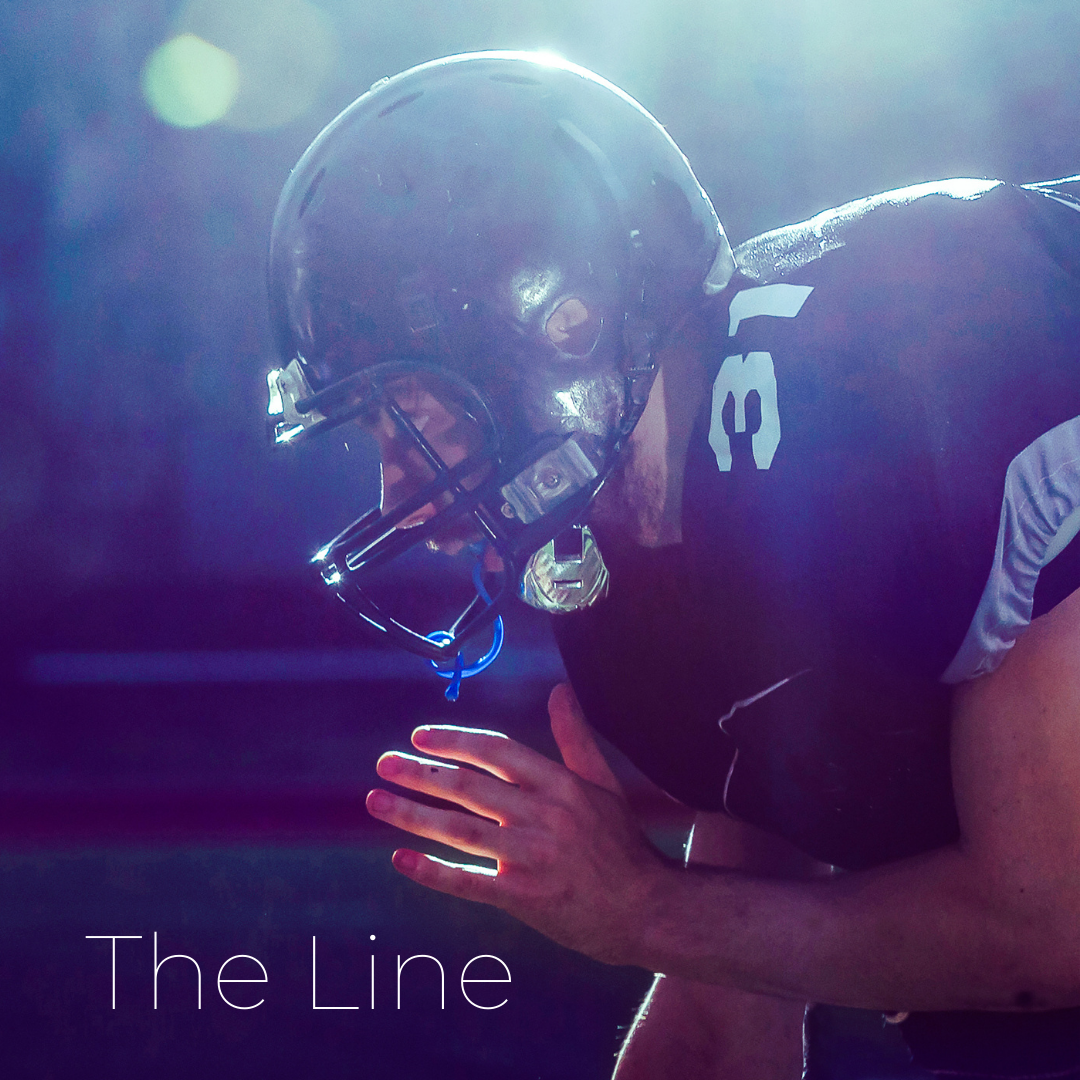
This line shifts. Inside us, it oscillates with the years.
— Aleksandr Solzhenitsyn
My son Charlie was an undersized offensive lineman in high school, but he used a good understanding of leverage and a high football IQ to contribute whenever he got into the game. On a basic running play, the general assignment of any offensive lineman is to push the defense back so his own team might advance the ball beyond the line of scrimmage. However, if the linemen don't do their jobs, or if they're simply overmatched by the other side, it's altogether likely that at the conclusion of the play, the new line of scrimmage will end up behind rather than beyond the original line of scrimmage. Whenever Charlie lined up against a larger opponent—and he always did—you can imagine how hard his dad was pulling for him, believing in him, hoping for him, as he tried to move the line.
Aleksandr Solzhenitsyn was a commander in the Soviet army during World War II. Toward the end of the war, he was imprisoned for criticizing Josef Stalin privately in a letter to a friend. Later, Solzhenitsyn wrote a Nobel Prize-winning, three-volume narrative which recounted his years in prison and in exile. His book, The Gulag Archipelago, is filled not only with chilling accounts of his experience, but deep philosophical insights into human nature like this one:
Gradually it was disclosed to me that the line separating good and evil passes not through states, nor between classes, nor between political parties either—but right through every human heart—and through all human hearts. This line shifts. Inside us, it oscillates with the years.
Our own experience tells us that we are indeed alloyed like this, but just as Solzhenitsyn suggests, each of us has the moral capacity to shift the line, moving it forward, toward the good, and away from and beyond the evil that resides within the trenches of our hearts.
The past few weeks our Jewish friends observed Rosh Hashanah and Yom Kippur. Rosh Hashanah is commonly described as the Jewish New Year, but it's more accurately thought of, I understand, as a sacred day commemorating the birth of all of God's creation. Its liturgy is generally upbeat rather than sad, though it initiates a ten-day period of penitence, the Ten Days of Awe, as preparations are made for Yom Kippur, the Day of Atonement, the holiest of holy days. On Yom Kippur, observant Jews fast, reflecting on past mistakes, making amends with God and others, and seeking absolution for their sins and failures committed during the previous year.
Rabbi Meir Soloveichik is the rabbi of Congregation Shearith Israel in New York City. In a recent episode of a podcast entitled "Call Me Back," he compellingly explained the thought and history behind these Jewish holy days, suggesting that the spiritual notions of penitence, forgiveness, and grace are not just ideas for followers of Judaism, but for all universally.
As he spoke, he acknowledged that on one hand repentance doesn't make a lot of sense. How, he asked, can we simply go to God year after year and say something like, "God, I failed and I deeply regret my failures. I'd like you to absolve my mistakes based on my sincere commitment to move forward." But then he pointed to the book of Jonah, the primary Biblical text for Yom Kippur services, and summarized the story of Jonah and the Ninevites like this:
Jonah is sent to the Assyrian city of Nineveh. Jonah doesn't want to go and originally we don't know why he doesn't want to go. And he comes to the city and says you're all going to be punished for your sins. (But then) they all repent and God changes his mind as it were and forgives them. Jonah says, "I knew this would happen. This isn't right. They did wrong and they deserved to be punished." But God says to him, "What do you want me to do... they regretted their sins, and I have mercy on them. I'm open to the human capacity to change and grow."
When I consider the thoughts of Solzhenitsyn and Soloveichik in tandem, I'm left in awe. It's not only that God, knowing our frailty, seems to be fully on board with the idea of absolution and grace, believing deeply in our moral capacity to change, but that this is God's ultimate project—the whole game. God knows the alloy with which our hearts are composed, and God must know we're overmatched sometimes. But God hopes for us, pulls for us. God knows we have the ability to advance. Our Father knows we can move the line.
God — May I feel Your hope in me. Amen.
— Greg Funderburk





